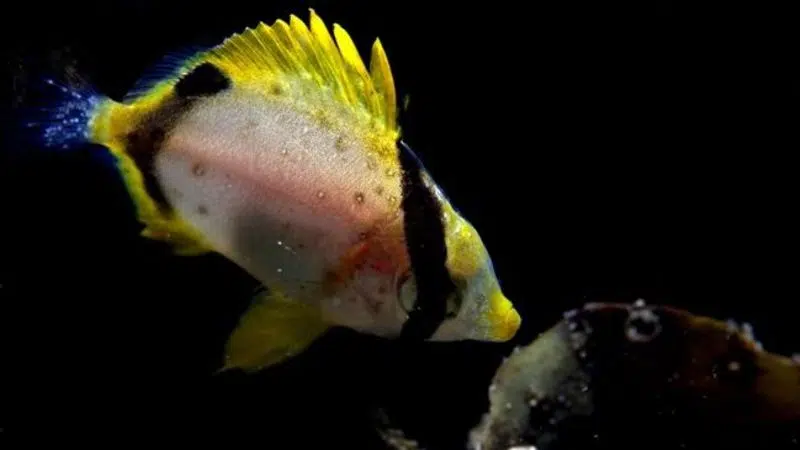
Scientist says tropical fish documented by divers signals warming Atlantic waters
HALIFAX — A marine biologist is taking notice of stunning images of tropical fish photographed by an amateur diver in the warming waters off Nova Scotia’s southern shore.
Boris Worm of Dalhousie University — who has also been a diver for decades — says the seahorses, spotfin butterfly fish and bluespotted cornetfish would once have been considered a rarity in Nova Scotia.
However, diver Lloyd Bond says he’s been able to capture more digital images of the colourful species over the past six years at Paddy’s Head in St. Margarets Bay and provide them to scientists like Worm.
The marine biologist says he sees the presence of the fish as another sign of human-influenced climate change arriving, with some effects that could become worrying to the existing fisheries.


